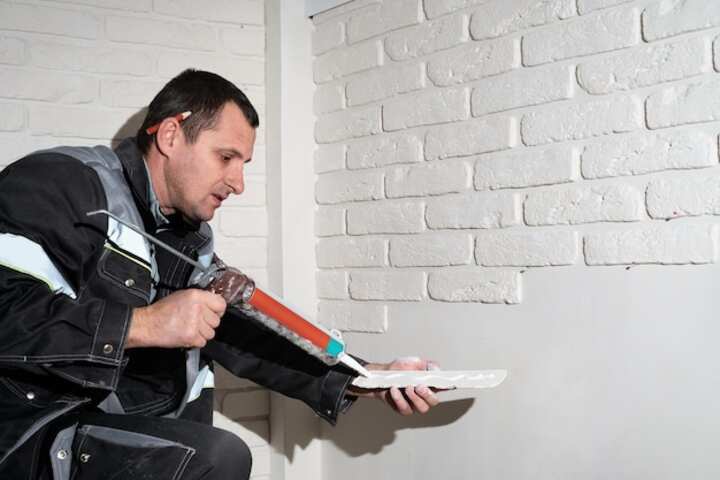
Expert Basement Floor Crack Repair Services
Basements serve as a foundational element in many homes, offering valuable space for storage, utilities, and sometimes even living areas. However, they are susceptible to cracks due to various factors such as soil settlement, hydrostatic pressure, and temperature fluctuations. Addressing basement floor cracks promptly is crucial to maintaining the structural integrity of a building. Expert repair services can effectively manage such issues, ensuring a safe and sound environment in the basement.
Common Causes of Basement Floor Cracks
Understanding the root causes of basement floor cracks is essential for effective repair and prevention. The following are common factors contributing to this issue:
- Soil Settlement: As the soil beneath a home settles, it can cause the foundation to shift, resulting in cracks.
- Hydrostatic Pressure: Excessive water pressure from the surrounding soil can push against foundation walls, leading to cracks.
- Temperature Changes: Fluctuations in temperature can cause concrete to expand and contract, creating stress that leads to cracking.
- Improper Construction: Poor construction practices or the use of substandard materials can make the basement floor more vulnerable to cracking.
Explore further insights here about the causes and solutions for basement floor cracks.
Signs of Basement Floor Cracks
Identifying early signs of basement floor cracks can prevent costly repairs in the future. Key indicators include:
- Visible Cracks: Obvious lines or gaps in the concrete surface.
- Uneven Flooring: Slight differences in floor height can indicate underlying cracks.
- Water Seepage: Moisture intrusion through cracks is a clear sign of damage.
- Mold Growth: Persistent dampness due to cracks can lead to mold formation.
Read more about this topic to identify and address signs effectively.
Professional Basement Crack Repair Techniques
Employing professional repair techniques ensures long-lasting solutions to basement floor cracks. Common methods include:
Epoxy Injection
This technique involves injecting epoxy resin into the cracks, effectively bonding the concrete and restoring structural integrity. It is suitable for small to medium-sized cracks.
Polyurethane Foam Injection
Polyurethane foam expands upon injection, filling cracks and voids while providing a water-resistant seal. This method is ideal for active leaks and larger cracks.
Carbon Fiber Reinforcement
For severe cases, carbon fiber strips can be applied to reinforce the concrete structure, preventing further cracking and movement.
Learn more in this detailed guide on professional repair techniques and their applications.
Preventative Measures for Basement Floor Cracks
Preventing basement floor cracks from forming or worsening is an integral part of home maintenance. Consider the following measures:
- Waterproofing: Installing a waterproofing system can help manage hydrostatic pressure and prevent water intrusion. Find additional information here.
- Proper Drainage: Ensuring that water is effectively diverted away from the foundation can reduce soil saturation and pressure.
- Regular Inspections: Conducting routine checks can help identify early signs of cracks and allow for timely repairs.
- Quality Construction Materials: Using high-quality materials during construction can enhance the durability of the basement floor.
Conclusion
Basement floor cracks pose a significant risk to the structural integrity of a home. Understanding their causes, recognizing the signs, and implementing professional repair techniques are essential steps in addressing and preventing these issues. Employing preventative measures such as waterproofing and proper drainage can further safeguard against future cracks. For homeowners seeking reliable solutions, professional basement floor crack repair services offer the expertise and tools necessary to maintain a safe and stable environment.
Explore further insights here to safeguard your home effectively.